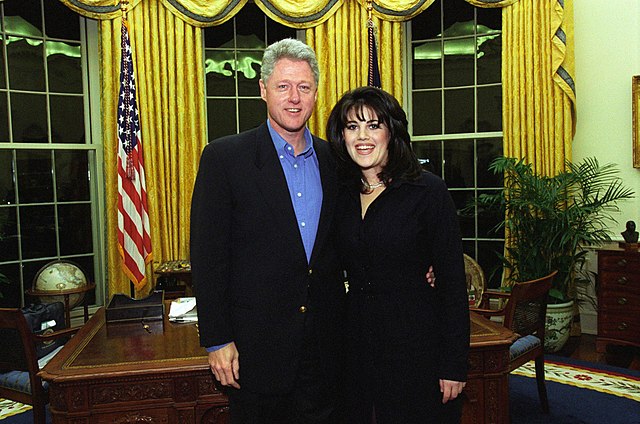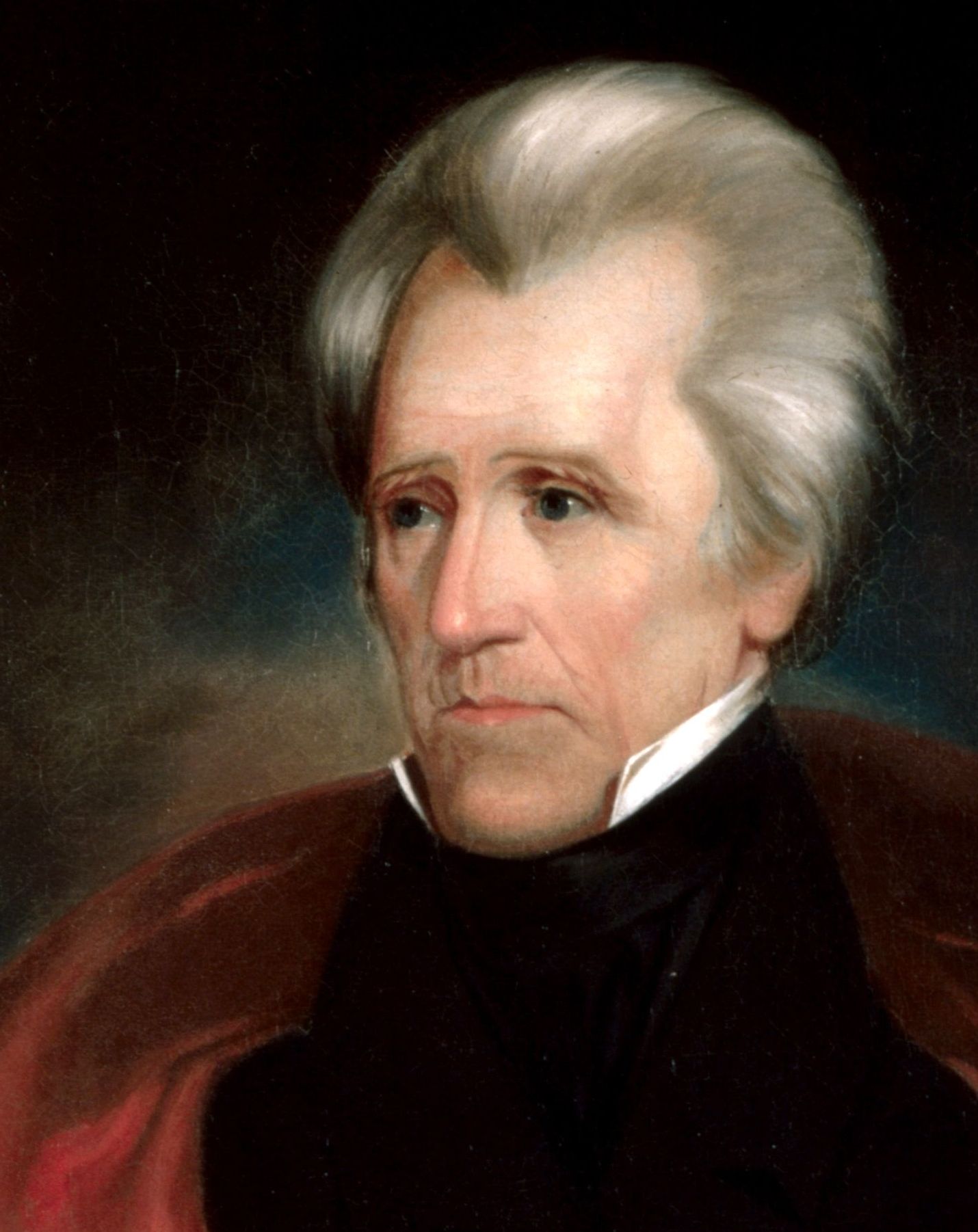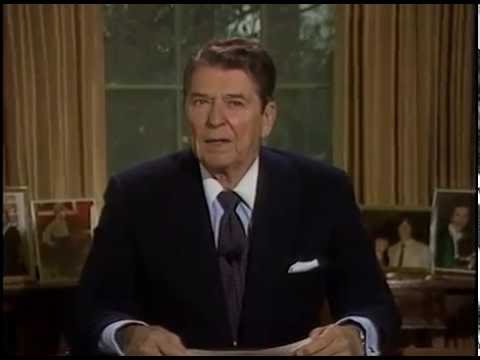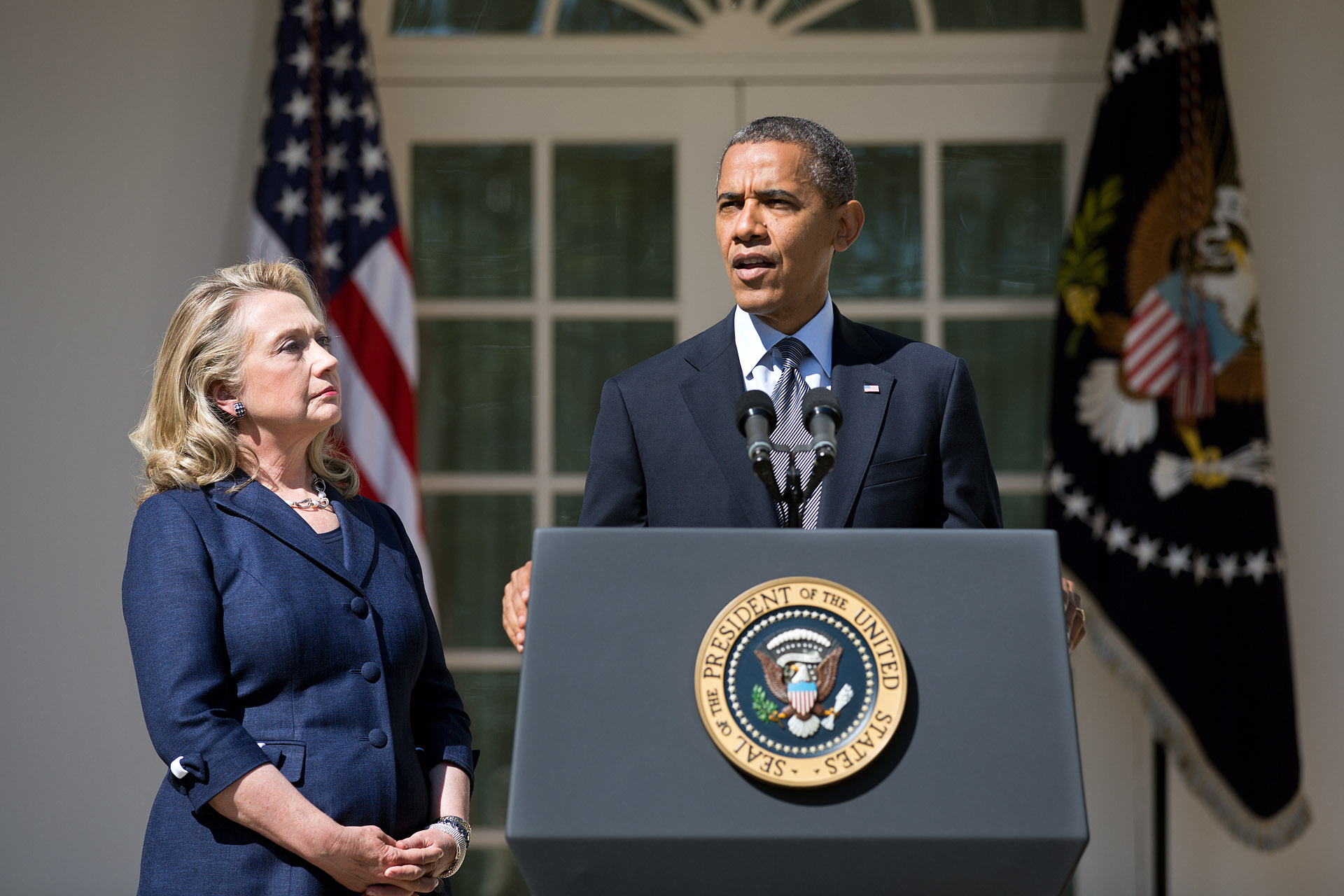Editor’s Note: Bruce Watson is a Senior Editor of American Heritage and writes a popular history blog at The Attic. He is the author of six books of history and biography.
Editor’s Note: Bruce Watson is a Senior Editor of American Heritage and writes a popular history blog at The Attic. He is the author of six books of history and biography.



A modest man in his habits and attitudes, Ronald Reagan did not succumb to greed himself. In fact, he conducted himself in a remarkably simple, often abstemious, manner as President. Reagan did not profit from the presidency, and he sought — with the notable exception of the illegal Iran-Contra maneuvers — to act within the constitutional expectations of a public servant accountable to the other branches of government and, ultimately, to the American people.
Anyone who has studied history even casually knows of the previous impeachments of Andrew Johnson, Bill Clinton, and Donald Trump. Now the violent storming of the Capitol has led to a second impeachment of President Trump.

Historians have reached no consensus in their interpretations of the administrations of George Washington and John Adams, but two statements can be made with little fear of contradiction. At the senior levels of the executive department during the first decade of the national government, there was no behavior that can unequivocally be described as misconduct in office. Yet there has never been a time in the American past when allegations of misuse of executive power and suspicions of administration motives have assumed a tone more extreme.
In his first major political speech — given in January 1838, when he was a 28-year-old state politician in Illinois — was called “The Perpetuation of Our Political Institutions.” In the speech, Lincoln said that the greatest threats to American democracy came from within. One was what he called “mobocracy” — that is, uncontrolled mobs who willfully violated the law to make a political point.
Especially shameful, Lincoln said, were white mobs who went on racist rampages, destroying property and hurting people.
In the speech, he also targeted another potential danger: the assumption to the presidency of a demagogue who was interested solely in his own power, not in the sanctity of the Constitution.
The attack on the Capitol was not a true coup d’etat, which ordinarily involves applying concentrated force and the determined pursuit of a goal. Rather, it was a poorly organized and ill-thought-out attempt to strongarm Congress into refusing to accept the results of the election, an action that Congress has no constitutional power to take.
Donald Trump is, in fact, a dangerous figure with delusions of becoming a totalitarian leader, but we should not overlook how inept he is at forming any plan of action and pursuing it. Sending to Congress a bunch of yahoos recruited on social media was not a serious attempt at a coup.
Nor, however, was it a peaceful demonstration. The rioters were recruited with promises of violence and were stirred to rage by the president and Rudy Giuliani. We are simply fortunate that they were no more competent than Trump is. The failure of law enforcement to anticipate and control the rioters suggests a disturbing stupidity, rot and lack of will among congressional leaders.
What happened at the U.S. Capitol on January 6 was a pathetic low for a country that has lost its way with an utterly corrupted political class.
Social media and a psychopathic President combined to provoke mob chaos. This is what happens when you allow narcissists to make money out of politics by becoming a reality TV President.
I fear that Donald Trump may reflect a real America that people can’t yet understand: angry, crass, amoral, greedy, racist. Ugly.